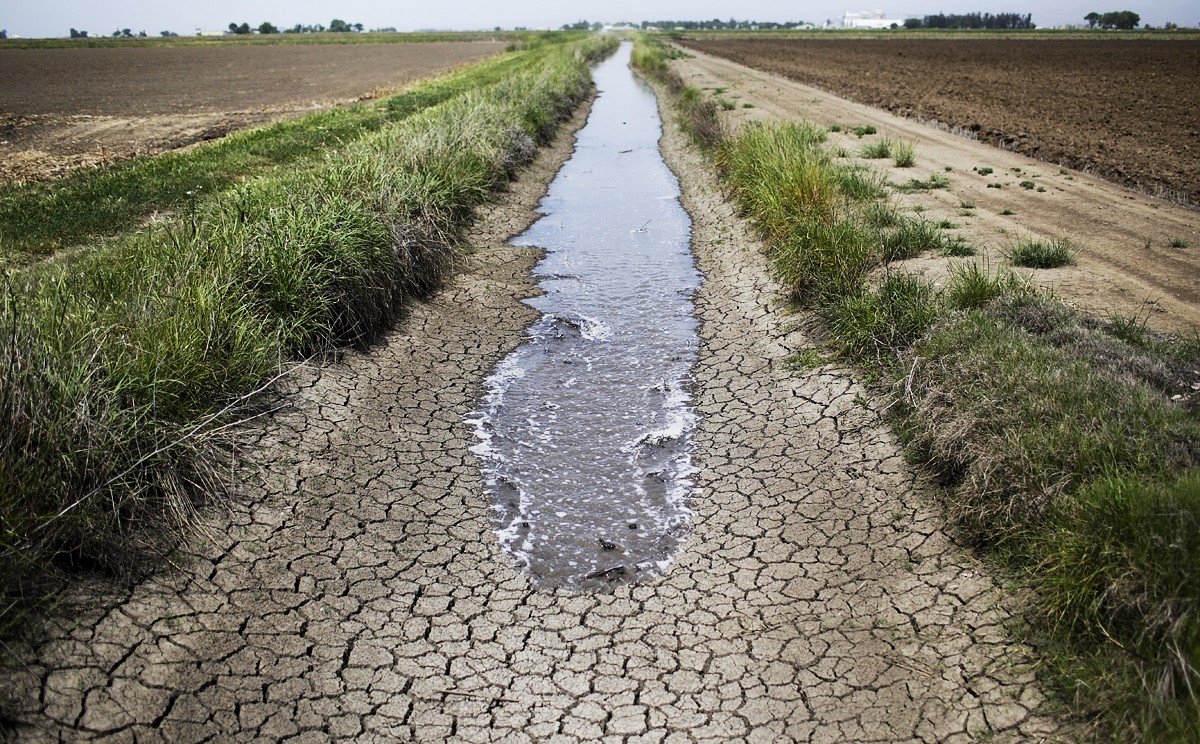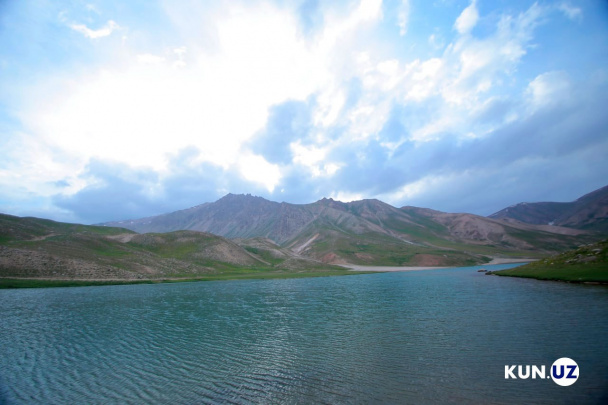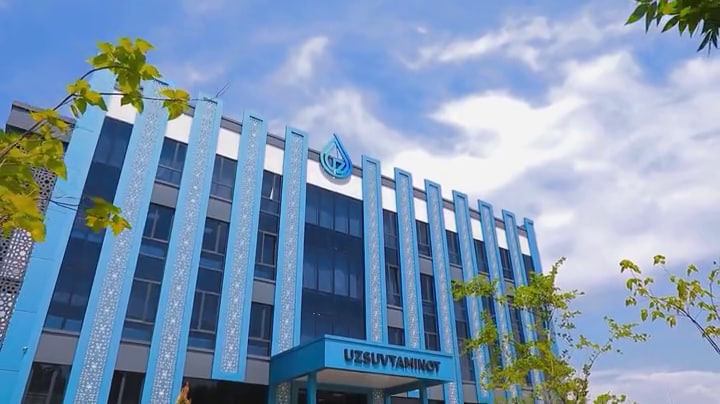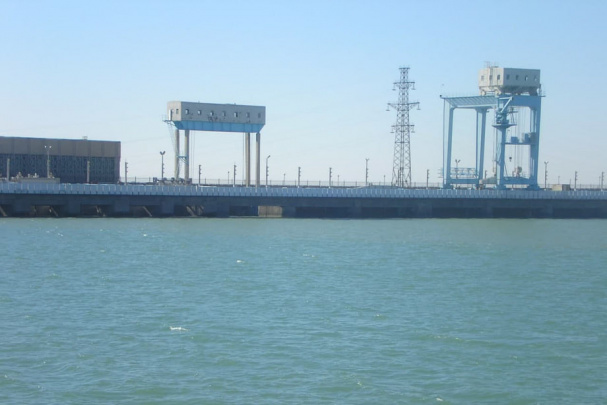Experts: Fruit growing in Uzbekistan will be severely limited in the coming years due to water shortage
In Uzbekistan, excessive use of the “golden reserve” of artesian waters is a cause of great concern, because there is a risk of drinking water shortage. Farmers themselves admit that the flow of wells is decreasing. Recently, seven regions reported that the level of underground water has dropped by 5 meters.

Photo: East-fruit
According to East-fruit, many large-scale horticulture projects are being implemented “from scratch” in Uzbekistan. At the same time, land that has not previously been used for agriculture and does not have irrigation systems is often developed. Therefore, entrepreneurs usually drill wells 200 meters and more deep to provide irrigation for gardens. Even at such a depth, the water often has average quality and high salt content, which requires high costs to filter it.
This year, the summer weather in Uzbekistan was anomalous. In some areas, the temperature in July remained at 45 degrees and above for a long time.
“In Uzbekistan, excessive use of the “golden reserve” of artesian waters is a serious concern, as there is a risk of a shortage of drinking water. The farmers themselves admit that the flow of the wells has started to decrease, and recently there was a news in the press that the level of underground water in seven regions has decreased by 5 meters, citing official sources. This indicates a very unpleasant trend and a threatening situation for the fruit and vegetable industry,” Andriy Yarmak, economist of the investment department of the UN Food and Agriculture Organization (FAO), said.
According to the expert, this may slow down or even decrease the growth rate of fruit and vegetable cultivation in Uzbekistan in the coming years.
“I would like to emphasize that Uzbekistan still has good reserves for improving the efficiency of water use, because the least efficient irrigation method is widely used here. At the same time, I have sometimes seen Uzbek farmers using water in the garden in the old-fashioned way, insisting that the water is free, even though they have installed an irrigation system. Undoubtedly, if water continues to be “free”, the attitude towards it will not be very economical," the FAO economist noted.
From this point of view, it is clear that the technologies of efficient use of water, adaptation of horticulture to climate change will be the focus of attention of the gardeners of Uzbekistan as well as the countries of the region in the coming years.
“By the way, the increase in the price of water will help Uzbek farmers to focus on the quality of the product, which is important in increasing its value and price. High-quality products allow access to demanding markets with high prices and reduce dependence on exports to the most volatile and predictable market in the Russian market. For now, unfortunately, the main advantage of Uzbek products is their cheapness, but this is a very thin advantage, because Uzbekistan is located very far from the markets, which means that the transport “eats” the main part of the income. And this does not contribute to the development of the industry,” Andriy Yarmak concluded.
Related News

20:13 / 19.01.2026
Tashkent to host international forum on Central Asia’s water security

12:08 / 14.01.2026
Centralized water and wastewater coverage to rise nationwide in 2026

11:52 / 12.01.2026
Household water debts in Uzbekistan fall by nearly half in 2025

15:59 / 05.01.2026



